Travelling Internationally In The New Normal: A Definitive Guide
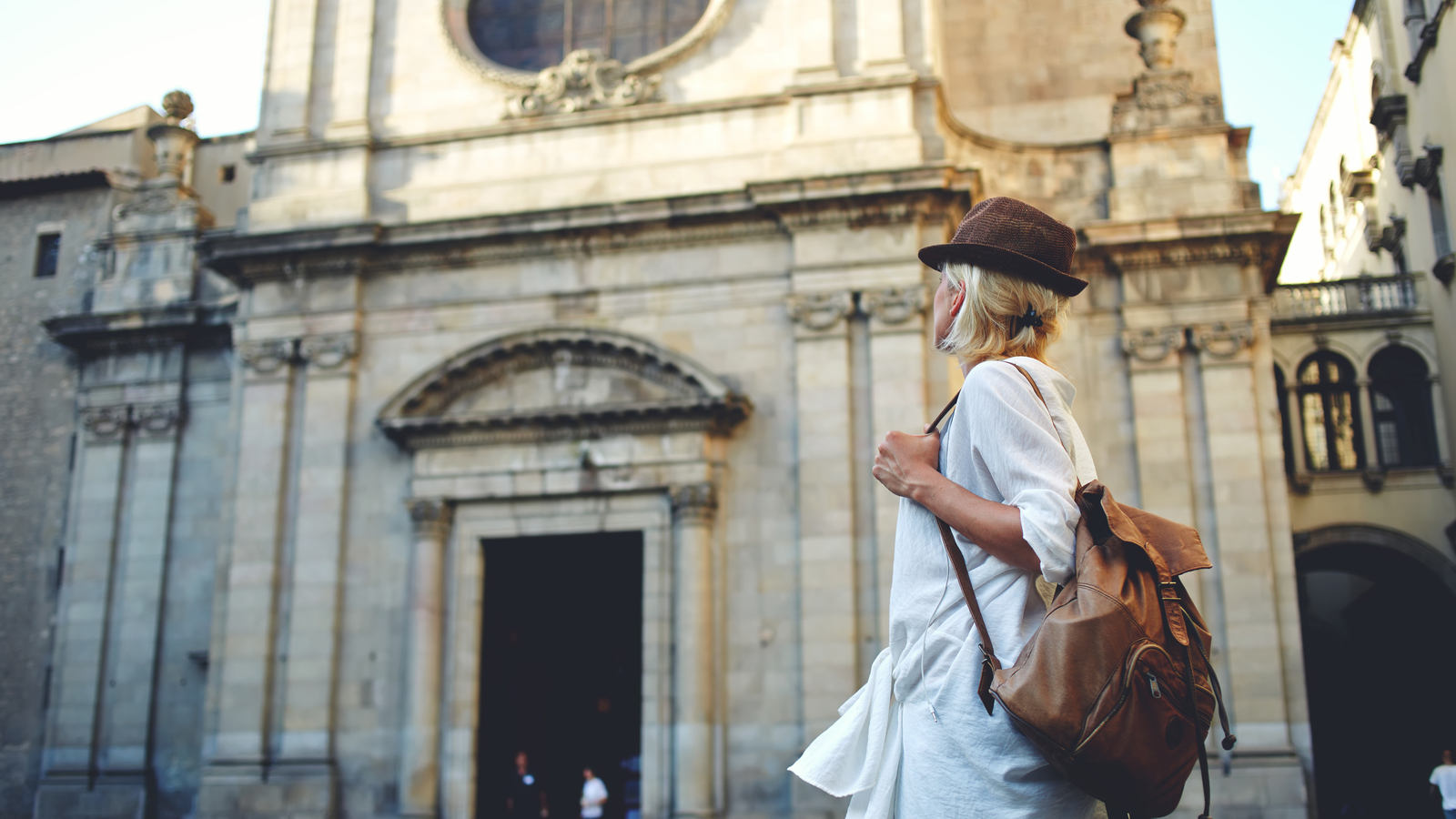
Quick Jumplinks to Navigate
The COVID-19 pandemic has brought tons of new restrictions and entry requirements all across the world. With all the new rules and guidelines around international travel, it has become quite a hassle for travellers to figure out where and how to travel in the new normal. To help you out, we are here with a list of 10 destinations you can visit or look forward to visiting soon, the guidelines at these destinations and more.
1. Maldives
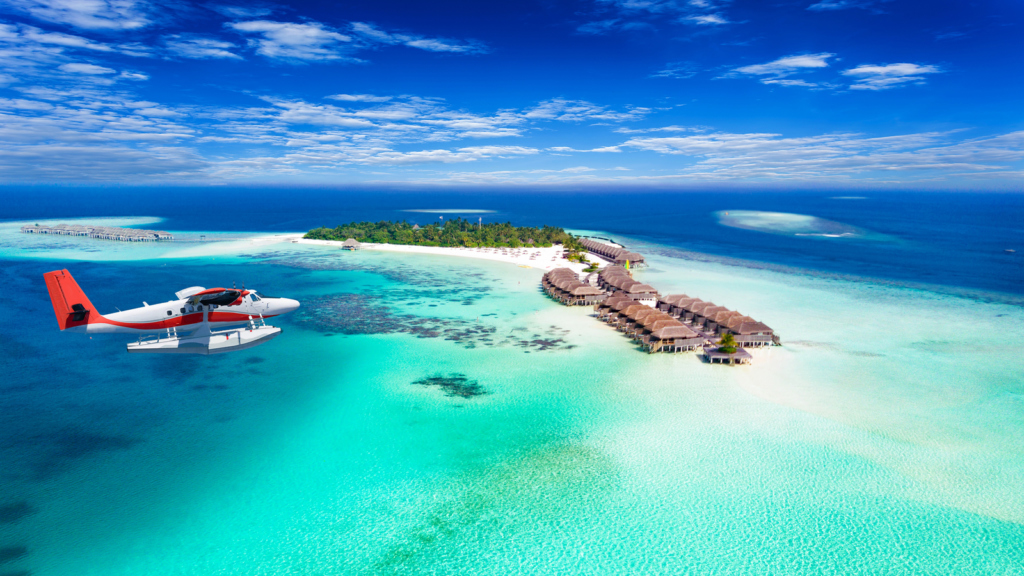
- Under the air bubble between India and Maldives, various flights by Indigo are running from major cities like Cochin, Mumbai, Bangalore etc to Male, the capital of Maldives.
- Entry to Maldives requires a COVID negative certificate and a confirmed booking at a resort or hotel.
- A health declaration form also needs to be filled 24 hours before departure.
- Various luxury resorts and hotels in Maldives have been reopened with enhanced safety protocols and SOPs to keep their guests safe throughout their stay.
- It is mandatory for all to wear masks in public areas and adhere to social distancing.
- Local transport across Maldives including ferry services and seaplanes has resumed.
2. Thailand
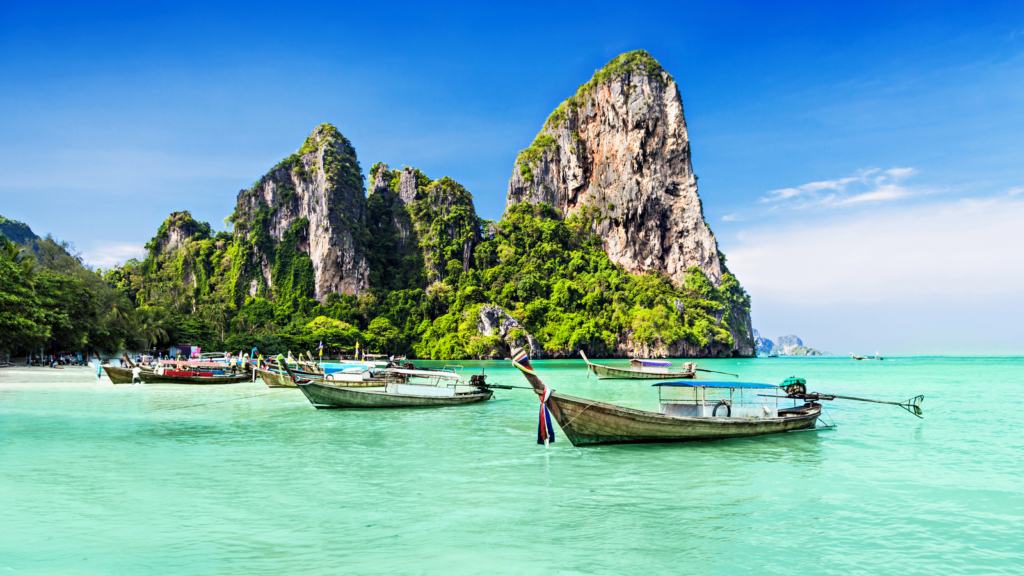
- India is in talks to form an air bubble with Thailand to resume flights to and fro. For now, rescue flights are functional to Thailand. Entry is open for selected foreigners. These include foreigners participating in trade fairs in Thailand, foreign film crews filming in Thailand, foreign workers from Cambodia, Laos, and Myanmar for food and construction industries and Foreign visitors for medical and wellness services.
- Thailand will soon be introducing a 90-day long visa for leisure travel. The visa will be extendable to 180 days.
- 5 islands in Thailand including Phuket, Koh Phi Phi, Koh Samui, Koh Tao and Koh Phangan are being prepared to be reopened to international tourists soon.
- Various luxury resorts and hotels have been reopened with enhanced safety protocols in Thailand too.
- Wearing masks and adhering to social distancing is mandatory for all at all public areas.
- The travellers who are allowed to enter Thailand as of now will have to present a COVID negative certificate on arrival, not taken more than 72 hours before departure.
- A 14-day quarantine is mandatory for travellers travelling from China, Macao, Hong Kong, Iran, Italy, and South Korea.
- Local transport in Thailand has resumed with strict safety measures in place to keep passengers safe.
3. Dubai
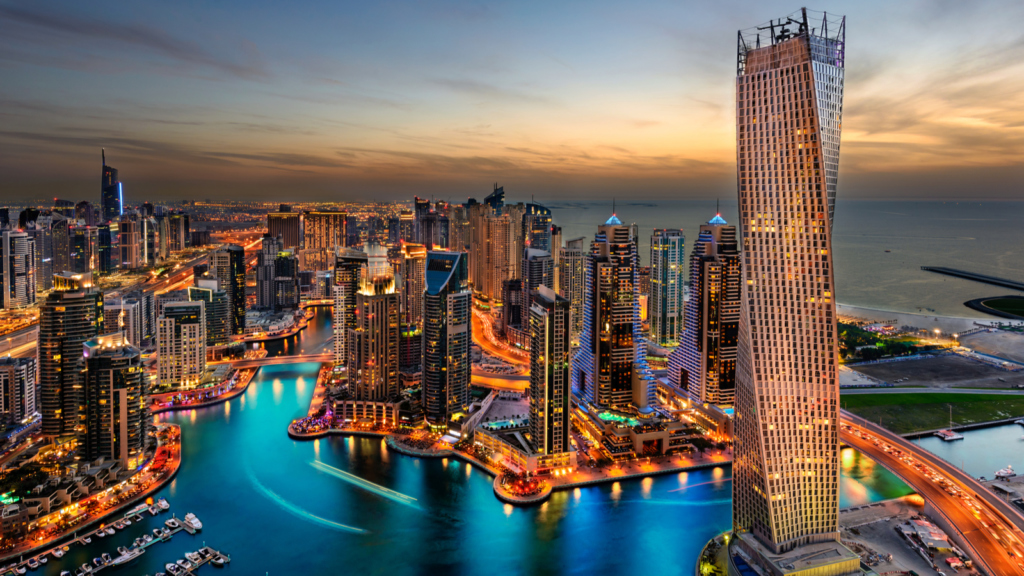
- Indian citizens with any valid UAE visa can visit Dubai. A COVID negative certificate, an international health insurance certificate and a health declaration form is also required for entry.
- 70% of reopened hotels in Dubai have received the “Dubai Assured” hygiene stamp by Dubai Tourism Board for their enhanced hygiene guidelines and protocols.
- Malls in Dubai are reopened with 70% capacity and enhanced safety protocols.
- Major parks, attractions and beaches in Dubai including Dubai Frame, JBR Beach, Creek Park, Quranic Park, Al Mamzar Beach, Jumeirah Beach and Umm Suqeim Beach have been reopened to the public with strict adherence to safety guidelines.
- Adventure activities and tourist experiences like Ice Rinks, Go Karting, Museums, Dolphinarium, Ski Dubai, Aquarium, Open Air Shows and The Green Planet have been resumed in Dubai with strict safety measures.
- Wearing masks and adhering to social distancing in public places is mandatory for all.
- Local transport in Dubai is functional with strict adherence to the safety guidelines.
4. Sri Lanka
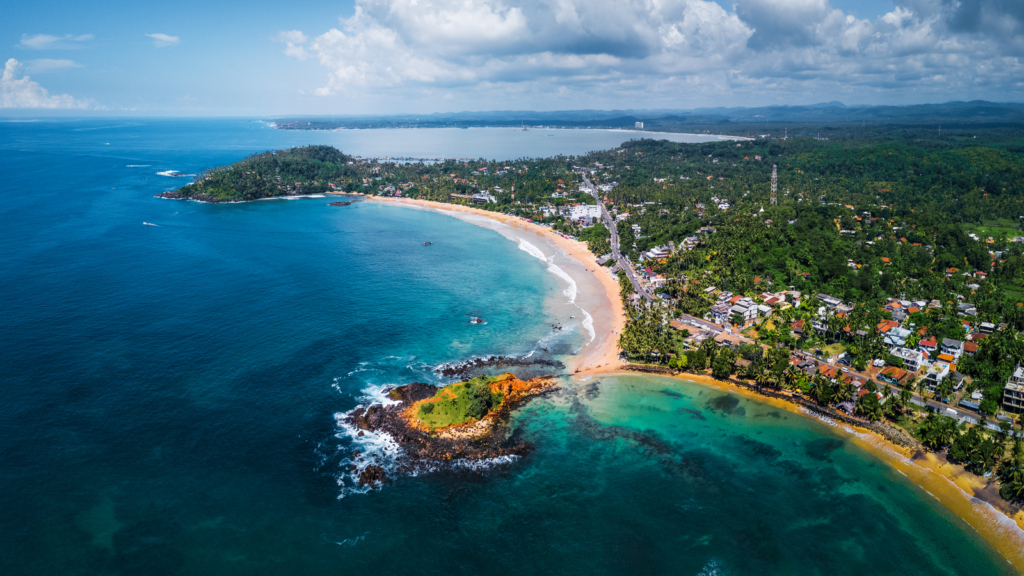
- Sri Lanka in talks to reopen borders for foreigners for leisure travel soon. For now, rescue flights are operational to Sri Lanka. For entry, an accommodation proof, return ticket and getting a PCR test done on arrival is mandatory. If found negative, no quarantine is necessary but if found positive, the traveller will have to stay quarantined for 14-21 days.
- Various tourist attractions in Sri Lanka like Arugam Bay and Trincomalee are soon to be reopened with strict safety measures in place. National parks including Yala National Park and Udawalawe National Park have been reopened already to the public.
- On account of its reducing number of COVID cases, Sri Lanka has been given the Safe Travel stamp by World Travel and Tourism Council.
- Wearing masks and adhering to social distancing in Sri Lanks is mandatory for all in public spaces.
- Local transport is functional with adherence to the new safety guidelines.
5. Singapore
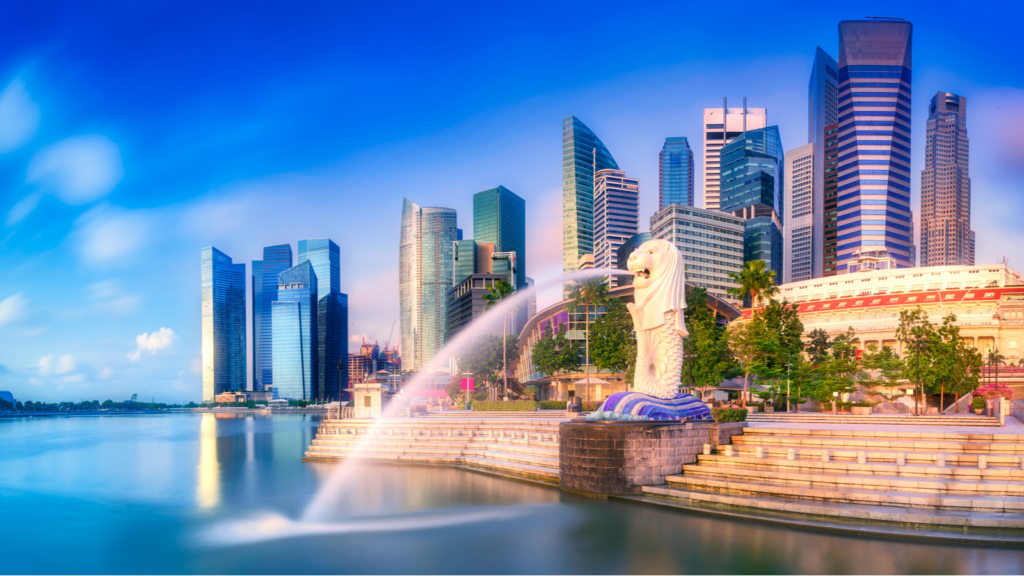
- Entry to Singapore is open under Green/ Fast Lane and Safe Passes Arrangements for work, business and social visits. Long term Visa holders can also enter Singapore.
- For entry, a COVID negative certificate a health declaration form needs to be presented on arrival.
- A 14 day Stay At Home notice is provided for travellers to stay under quarantine after arrival in Singapore.
- 13 major tourist attractions including the casinos at Marina Bay Sands, Resorts World Sentosa, Universal Studios Singapore have been reopened for the public in Singapore with strict safety measures in place.
- Local transport is functional with adherence to enhanced safety guidelines.
- Wearing masks and adhering to social distancing measures is mandatory for all in public areas.
6. Bali
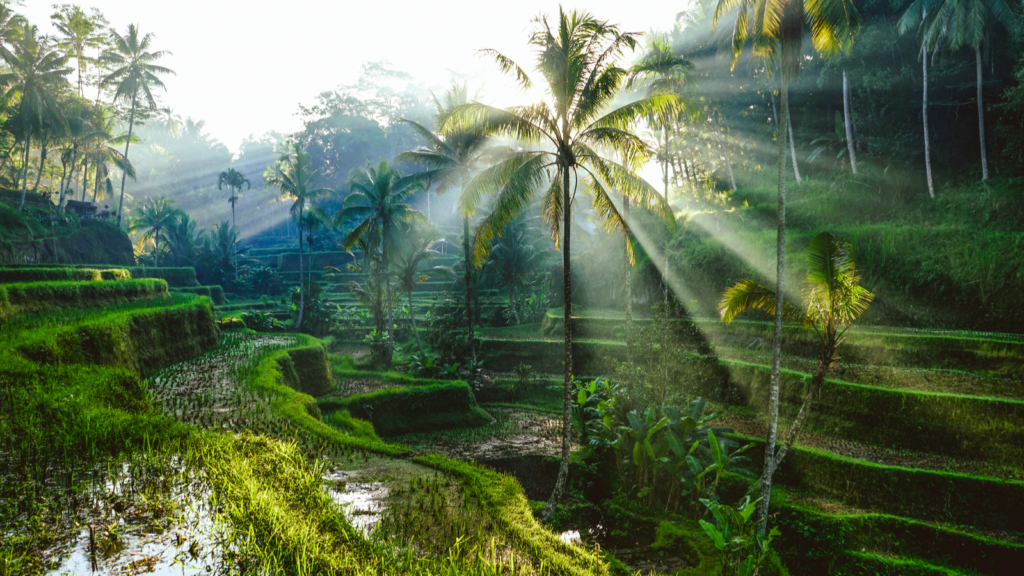
- Bali, Indonesia is being planned to be reopened for leisure travel gradually in three phases in 2021.
- The residents of Indonesia can visit Bali from other parts of the world. For entry, travellers would need a COVID negative certificate and a health declaration form.
- Domestic travel in Indonesia is open. Various popular beaches in Bali like Kuta and Sanur have been reopened in Bali with strict safety measures in place.
- On arrival, thermal screening is done for all passengers. If found symptomatic for COVID-19, the travellers will have to mandatorily undergo a 14-day quarantine.
- Local transport in Bali has been resumed with strict adherence to safety guidelines.
- Wearing masks and adhering to social distancing in public areas is mandatory for all.
7. Europe
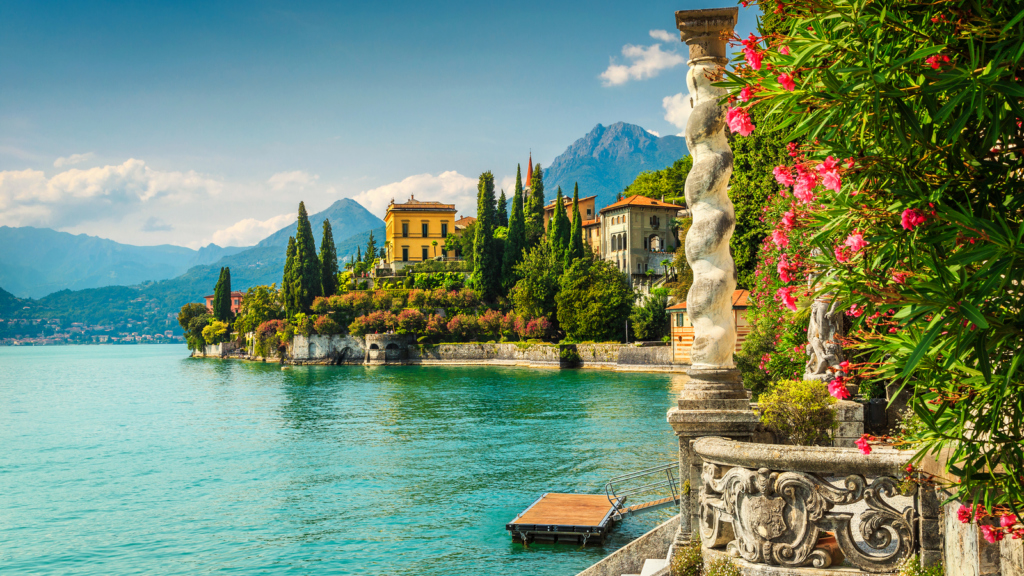
- Travel restrictions across Europe have been lifted for residents of Australia, Japan, New Zealand, Rwanda, Singapore, South Korea, Thailand, Uruguay and China. Residents of the UK and long-term visa holders of Europe are also allowed to travel to the continent.
- Some countries in Europe require a COVID negative certificate and a health declaration form for entry. These countries include Greece, Belgium, Russia and Serbia. Many countries like Slovenia, Poland and Norway also require travellers to go through a 14-day quarantine after arrival.
- Major tourist attractions across Europe like the Eiffel Tower, Acropolis, Colosseum, etc, have been reopened with strict safety measures in place. Various attractions have introduced easier online ticketing options and social distancing enablers on the premises.
- Wearing masks and adhering to social distancing is mandatory at all public spaces across Europe.
- Local transport has resumed across the continent with strict safety measures in place.
8. Australia
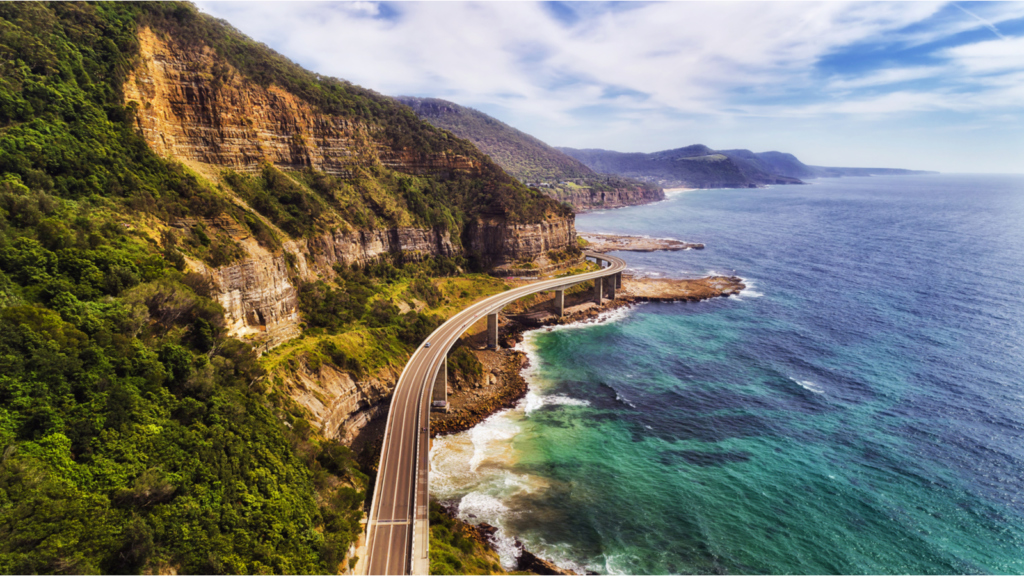
- Travel in Australia is allowed only to exempt category travellers and citizens of New Zealand as of now. All entering travellers need to mandatorily undergo a 14-day quarantine period.
- Various tourists attractions and beaches have reopened in Australia with strict safety measures in place. These include Sea Life Melbourne Aquarium, Legoland, Bondi Beach, etc.
- Travel within Australia is allowed and most territories in the countries are open and welcoming domestic tourists.
- Various hotels and resorts in Australia have reopened with enhanced safety protocols and SOPs and are strictly abiding by the same for their guests’ safety.
- Local transport across the country is functioning with strict safety measures in place.
- Many areas in Australia have deemed wearing masks and adhering to social distancing mandatory for all.
9. New Zealand
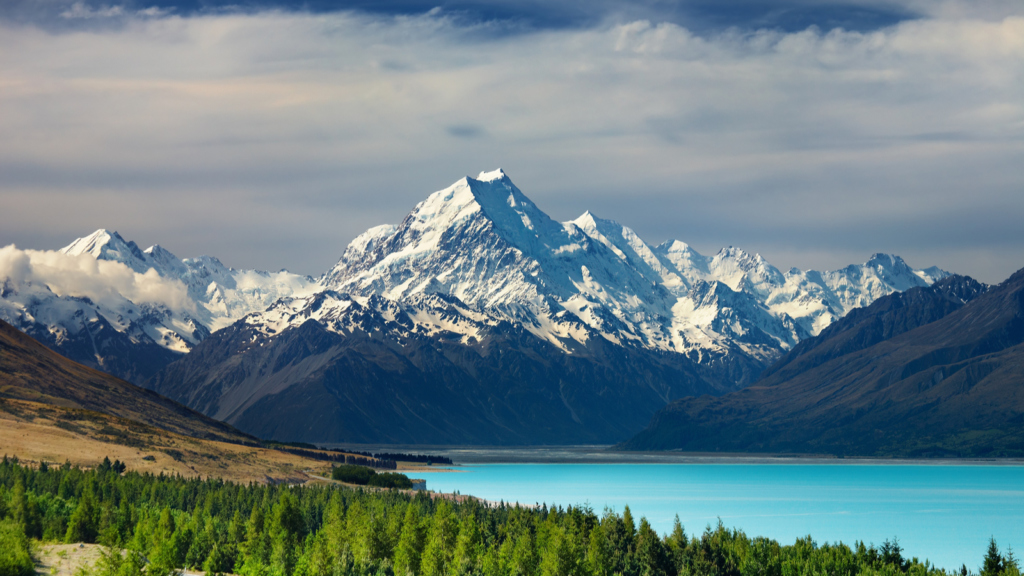
- Entry to New Zealand is only allowed for the residents of New Zealand and some special cases for essential travel. All travellers entering the country are tested for COVID-19 and have to mandatorily stay quarantined for 14 days.
- New Zealand has been declared COVID free and all restrictions in the country have been lifted up. All attractions, beaches and tourist hotspots have been reopened without any restrictions.
- Social distancing and wearing masks is no longer mandatory in the country but is encouraged.
- Local transport across the country is functioning normally.
- All hotels and resorts have been reopened with enhanced protocols and are fully functional now.
10. Africa
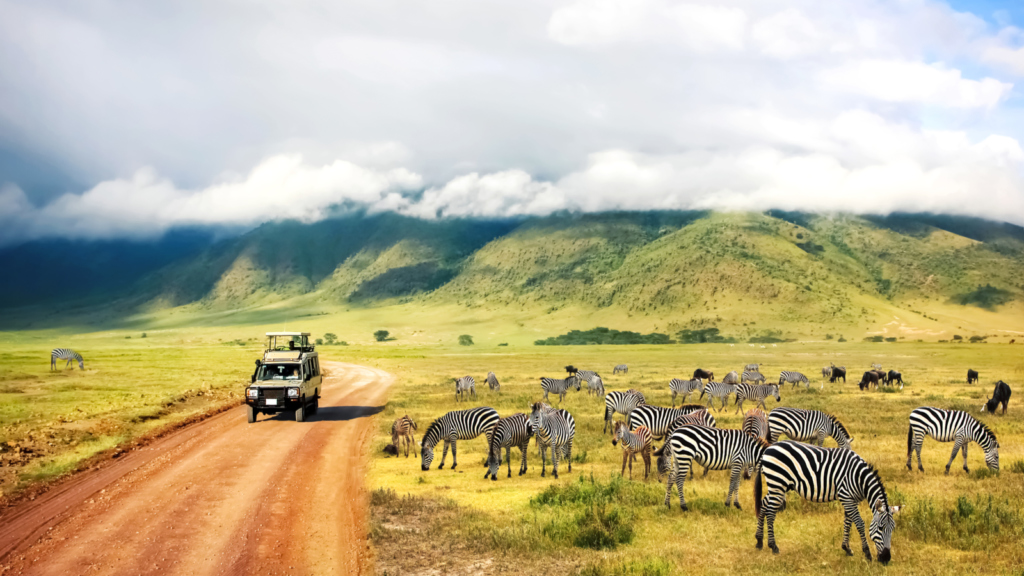
- The following countries in Africa have allowed international travel to certain categories of travellers. This majorly includes essential travel only.
- Egypt, Jordan, Kenya, Madagascar, Mauritius, Mozambique, Namibia, Rwanda, Seychelles, South Africa, Tanzania, Uganda, Zambia and Zimbabwe.
- Entry to these countries requires a COVID-negative certificate on entry and a 14-day mandatory quarantine after entry.
- Mauritius, Rio and South Africa amongst others have reopened various national parks and tourist attractions with enhanced safety measures in place.
- Public transport has resumed across the continent with various safety measures in place.
- Various hotels and resorts have also reopened for guess with enhanced safety guidelines and SOPs.
- Wearing masks and adhering to social distancing is a mandate in all African countries.
How To Travel
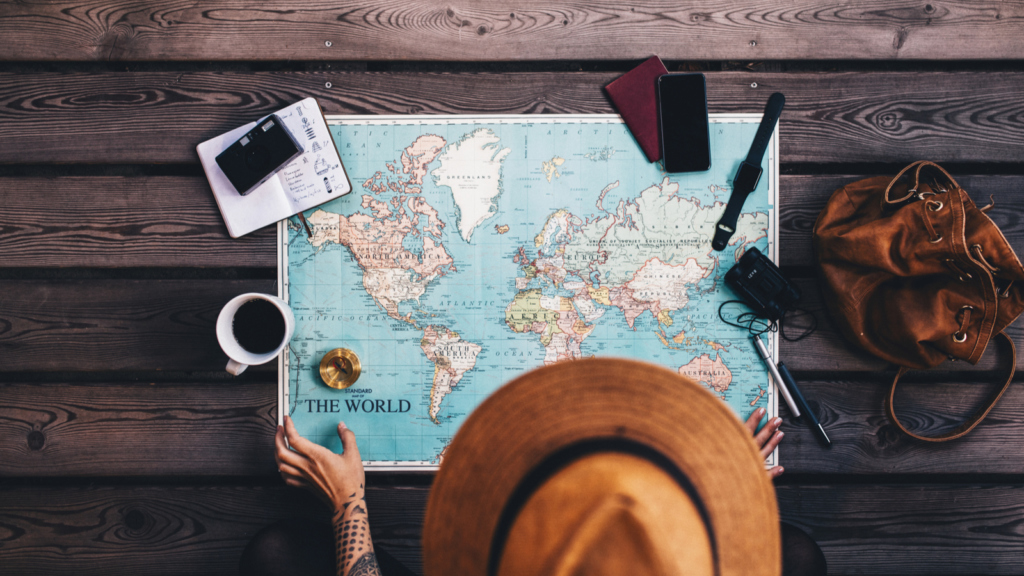
- When choosing your stay and destination, check for the following things:
- Is entry to this destination open?
- Does the destination require any passes or certificates?
- Does the destination have any mandatory quarantine rules in place?
- Will you require a return ticket booking to enter this destination
- Will you need a confirmed booking at a hotel or resort for entering this destination?
- Is the accommodation following all the safety guidelines and measures?
- Does the accommodation check their guests for COVID symptoms during check-in?
- When taking a flight to a destination, check all the entry requirements and restrictions of the destination. You might need a permit, registration or COVID negative certificate for entry. Also, make sure you go through the guidelines of the airlines. They might need you to carry an extra document or masks, shields, etc. Make sure you are wearing gloves, masks and have a hand sanitizer in your handbag.
- When using trains and public transport, ensure you adhere to social distancing at all times when boarding, in the vehicle and while deporting. Always wear your mask when on the train or public transport and sanitize your hands regularly to minimize the chances of catching an infection.
- When packing for a trip in the new normal, ensure that you have the following in your bag:
- Hand Sanitizer
- 3 Masks
- Gloves
- Extra clothes to wear while travelling
- A medical kit which includes medicines for fever, cough, sore throat
